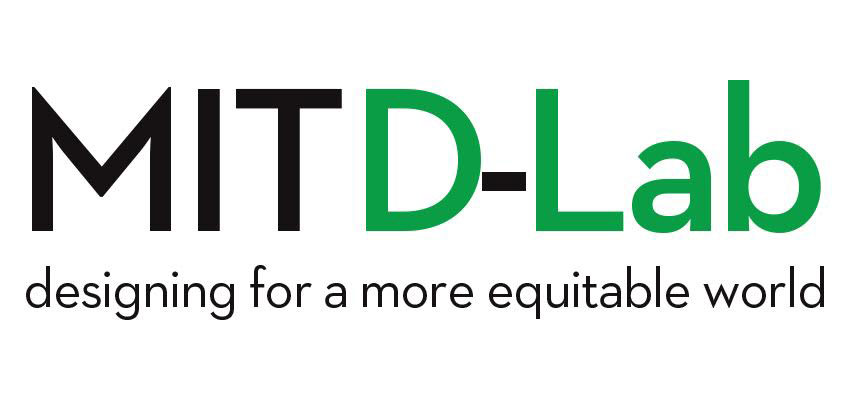
The Smallholder Performance Measurement Workshop
I recently attended the Third Annual Smallholder Performance Measurement Workshop facilitated by the Sustainable Food Lab (SFL) and hosted by Mars, Inc., the Ford Foundation, and IDH Sustainable Trade Initiative. We discussed lessons learned and performance measurement tools and techniques including a resource created and tested by the Performance Measurement Community of Practice, “Shared Approaches Framework”, which establishes a common language for measurement in smallholder supply chains. The two-day workshop included evaluators and measurement experts from companies and organizations working with smallholder farmers including: Mars, SFL, Starbucks, Heifer International, Root Capital, Grameen Foundation, International Finance Corporation (IFC), Catholic Relief Services, Nestle, and the Committee on Sustainability Assessment, among others.
The workshop participants, who are part of the Performance Measurement Community of Practice, shared progress, compared stories and findings, and discussed how to support and learn from one another on designing and implementing methods for evidence-based learning in smallholder supply chains. There were many interesting presentations and discussions on the Mars Sustainable Cocoa Initiative; Unilever Sustainable Livelihoods Assessment tool; Understanding Farmer Segments and Best Practice Adoption with Starbucks, Grameen Foundation and IFC; and Measuring Income, among others.
Introducing Lean Research to the Performance Measurement community
I was invited to lead a discussion on Lean Research for International Development, a relatively new initiative created through a partnership between D-Lab and the Tufts Universtiy Fletcher School of Law and Diplomacy. Lean Research for International Development is an approach to field research in the contexts of poverty and development work, which seeks to maximize benefit and minimize burden and waste for all stakeholders. It is rigorous research that is also respectful, relevant, and right-sized. During the session, I provided an overview of Lean Research and the participants provided feedback on the initiative. There was a lot of interest in the topic and the principles of respect and delight seemed to resonate with many of the session participants.
The participants also raised some great questions and helped me think through some of the challenges that the initiative could encounter when implementing Lean Research. Some of the questions included: Who is doing the research-local researchers, students, or international organization staff members? How do you prioritize research questions and objectives with input from many different stakeholders? What is the motivation or incentive for the researcher to implement research in this way? How do you ensure that people follow the guidelines? How do we manage stakeholder expectations when collecting data? Could we coordinate with other organizations to reduce the number of questions we ask of the same populations? These questions, as well as others, will help guide our thinking in the coming months.
The participants also provided some good examples of Lean Research principles. One exemplified the right-size principle including collecting monitoring and evaluation data in a very efficient manner in 10-15 minutes in a location that is convenient for the participants. Others shared examples related to relevance and respect, as they engaged key stakeholders in the research design and shared the data with those stakeholders. During the session, others also shared some not-so-lean examples that created undue burden on the research subjects and highlighted the need for research improvements.
Synergy with Root Capital’s client-centered evaluation approach
I also participated actively in a session run by Root Capital on their client-centered evaluation approach. During this discussion, I shared more information on Lean Research, as there is overlap between Lean Research and the client-centric evaluation approach, especially with regards to the principles of relevance and respect. Through this approach, Root Capital engages their clients (enterprises) in the research process and includes questions from the enterprises in their impact evaluations. They then share the results with the enterprises and other stakeholders (farmer representatives). This has generated value for the Root Capital and its clients.
Next Steps
During the closing session of the workshop on ways forward, there was interest in developing a code of ethics for the members of the SFL. Many of the SFL participants are non-governmental organizations (NGOs), foundations, or private companies and are often not regulated by an internal review board or ethical review committee. Thus, they are interested in setting up a code of ethics for field research. Given our interest in Lean Research and Root Capital’s focus on client-centered evaluation, we are now working with Root Capital and SFL to create a code of ethics over the next six to twelve months.
For further information contact Kendra Leith.


